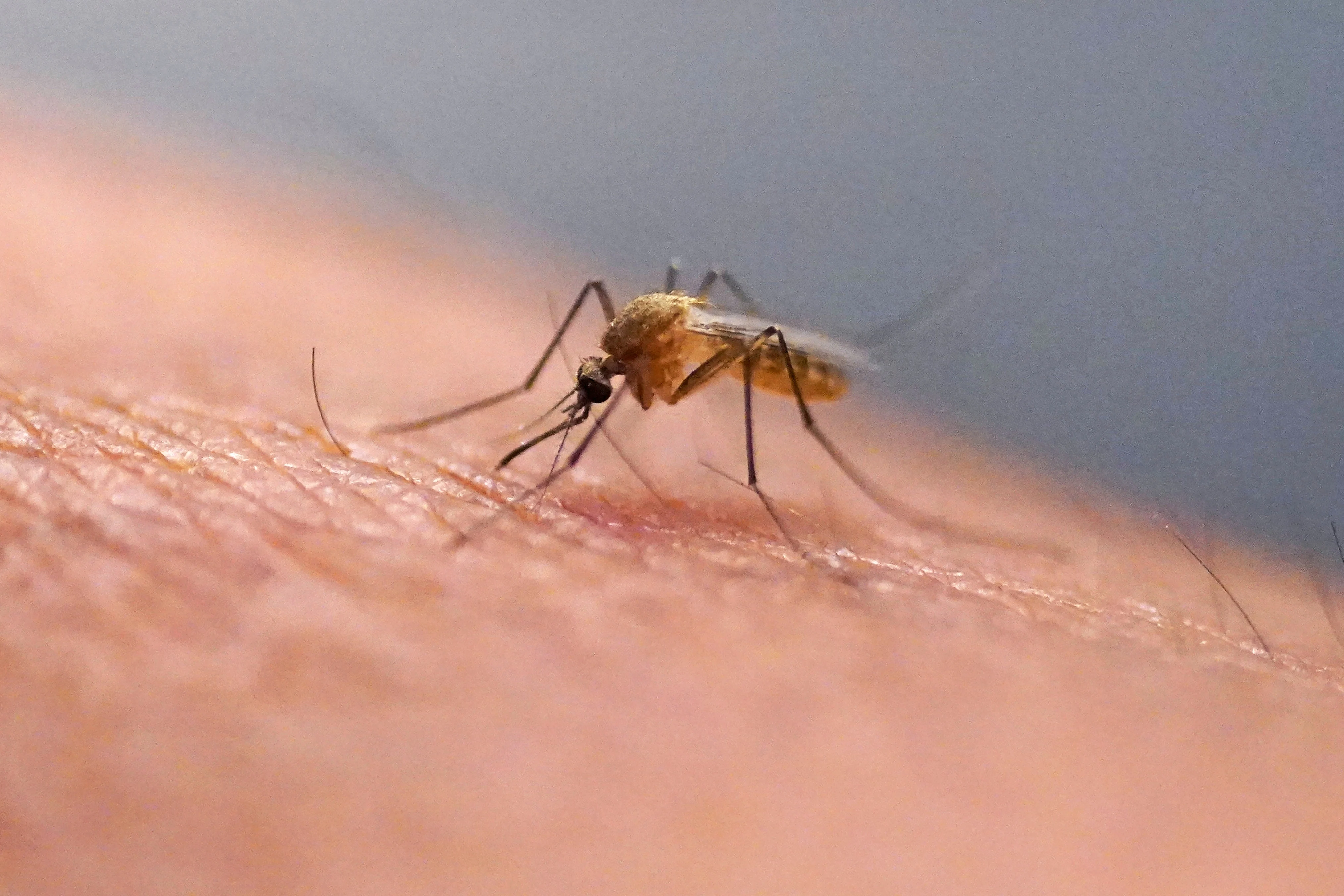Copyright scmp

No suspected cases of chikungunya fever have been found after authorities screened at least 450 people in a high-risk area linked to Hong Kong’s first local infection of the mosquito-borne disease, a health official has said, urging residents with mild symptoms to seek medical advice. The call was made on Monday as authorities plan to hold an interdepartmental meeting on citywide mosquito control, a day after Hong Kong reported the first local case in Diamond Hill. Three schools in the neighbourhood are being inspected to curb the spread of the disease. Centre for Health Protection controller Dr Edwin Tsui Lok-kin said at least 450 residents in the Diamond Hill area were assessed on Sunday, with no suspected cases found, but stressed that investigations were still ongoing. “Because we now have our first case, there could be others still in the incubation period, or people who already have symptoms but did not visit a doctor because they were unaware of the symptoms of chikungunya,” Tsui told a radio programme. “We are taking the initiative to actively investigate, which should give us a higher chance of spotting more cases.” The first local case, an 82-year-old woman living in Fung Tak Estate of Diamond Hill, had no travel record during the 12-day incubation period. She is now hospitalised and is in a stable condition. Tsui called on people to seek medical advice and tell authorities as early as possible, even if the symptoms were mild. “If residents display any symptoms, we can help determine whether they were caused by dengue fever or chikungunya. If so, we would need to conduct tests, which we can do,” Tsui said. “They can also consult their own doctors. We are working with all private practitioners to provide blood tests, which will then be sent to our laboratory for confirmation. If the cases are serious, patients can also visit the nearby A&E department.” He also said that once the number of adult mosquitoes decreases following the strengthened control measures, authorities would observe the situation for two weeks, as the incubation period usually lasts 12 to 14 days. The area Gravidtrap index collected by the Food and Environmental Hygiene Department indicated that mosquito distribution in Diamond Hill was not extensive in October, despite a slight increase from September. The government said the overall infestation index remained low in October, following a substantial drop from 9.5 per cent in June to 2.5 per cent in September. Tsui said there was not a transmission chain at the moment and was confident that the situation would remain under control. He added that the fatality rate of chikungunya fever was below 0.1 per cent, although people aged over 65, infants under one, pregnant women and those with chronic illnesses were at higher risk. Chikungunya fever is a viral disease transmitted by the Aedes mosquito. While rarely fatal, it can lead to symptoms such as fever, rash and joint pain. Anita Fok Ming-yan, the department’s pest control officer, stressed that mosquito control work had already been strengthened across Hong Kong since July. “The department’s district offices will host interdepartmental meetings to carry out risk assessments. We will invite stakeholders and relevant departments to discuss together how mosquito control can be strengthened in their respective areas,” Fok said. She said the department would actively share professional and technical advice with them to help enhance their knowledge of mosquito control, adding that more gravid traps had been installed in high-risk areas to monitor the situation and plan the next steps. Experts reassured that the chance of a chikungunya fever outbreak in Hong Kong was low in the foreseeable future, after the city recorded its first-ever local infection on Sunday. Professor Jasper Chan Fuk-woo of the department of microbiology at the University of Hong Kong earlier told local media that mosquitoes would become less active as the weather got colder, making it easier to control the spread of the virus. Chan advised residents to wear long-sleeved clothing when hiking on Wednesday, the Chung Yeung Festival, to reduce the risk of mosquito bites. Authorities suspected that a resident of the Diamond Hill area had been infected with chikungunya fever, but developed only mild symptoms and did not seek medical attention. That person might have been bitten by a mosquito and, in turn, transmitted the virus to the old woman. Authorities said residents living within a 200-metre (656-foot) radius of the woman’s residence were at risk of infection if they were bitten by mosquitoes. This involved 20 buildings with around 8,000 households and three schools. Additional reporting by Emily Hung



